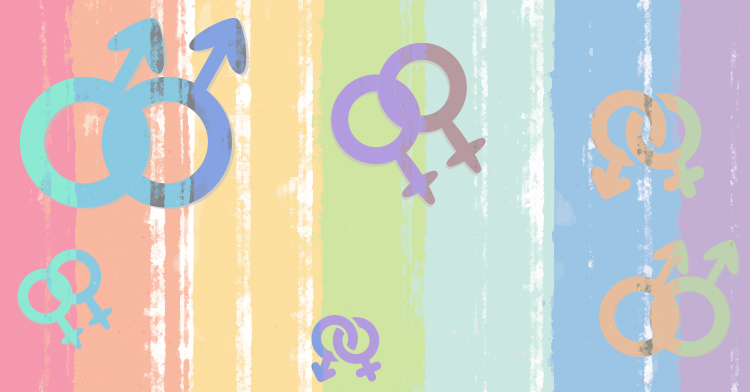Since 2010, the World Association for Sexual Health (AMSS) established September 4th as World Sexual Health Day. Around 35 countries participate in this day, with activities in schools, hospitals, universities and social networks.
The definition of sexual health, created in 2002 by the AMSS together with the World Health Organization (WHO), establishes that it is the physical, emotional, mental and social well-being in relation to sexuality, going beyond only dysfunctions or diseases.
Sexual health requires an awareness and respect of sexuality, in order to avoid coercion, discrimination and violence, so it is important to respect and protect the rights of all people.
Our sexual health can be affected by sexually transmitted diseases. These can have serious consequences such as sterility, transmission of infection from mother to child during pregnancy or childbirth and cause diseases such as cancer.
However, sometimes sexually transmitted diseases do not produce symptoms or are very mild, so those who present them may not know that they live with any of these infections.
Every day, more than one million people contract a sexually transmitted disease and it is estimated that 357 million people a year acquire chlamydia, gonorrhea, syphilis or trichomoniasis and more than 290 million women are infected with the human papillomavirus.
Some sexually transmitted diseases, such as herpes and syphilis, can increase the risk of getting HIV three or more times.
When used correctly and consistently, condoms (male and female) are effective barrier and protection contraceptives against sexually transmitted diseases.
Remember: we are responsible for our general health status and this includes our sexual health.
Take care and consult a health professional to receive guidance or answer your questions.
Follow us on Twitter:@SSalud_mx and @JoseNarroR
Facebook: @SecretariadeSaludMX and @JoseNarroOficial
You Tube: Secretaría de Salud México
